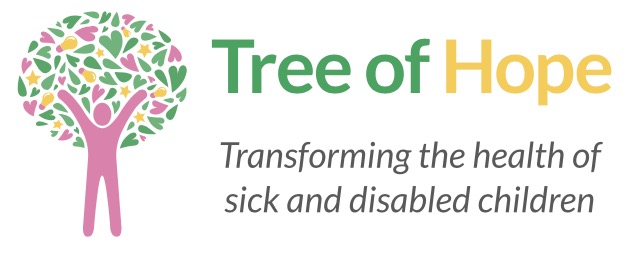
What is SDR?
Selective dorsal rhizotomy, or SDR, is a surgical spinal procedure which permanently removes spasticity for children with spastic diplegic cerebral palsy.
During the procedure, a small incision is made in the lower back, and the spinal nerve roots are put under tension to determine which nerves are causing the spasticity. These nerves are then completely cut, eliminating spasticity.
What is spasticity?
Spasticity is a muscle ‘catch’ during quick joint movements, and usually affects the flexor muscles in the legs, including ankles (the calf muscles, known as clonus), the hamstrings, and the hip adductors. Walking, and other gross motor skills, require quick movement.
Therefore, in children with spasticity, these muscles ‘catch’ every time the joint moves, causing scissoring of the legs, tip toe walking, and flexed knees and hips. At BBP, we are experts at measuring spasticity. Spasticity and hypertonia are often confused, and we will separate these on reports clearly, to enable maximum understanding and clarity for other professionals.
Outcomes of SDR
By eliminating this spasticity, these problems are eradicated. However, some children use their spasticity for function, as the muscles are weak from the cerebral palsy. This means SDR surgery requires intensive muscle strengthening and rehabilitation to strengthen the newly found, spasticity-free, but often weak muscles.
SDR surgery has recently become available on the NHS, for a specific group of children with spastic diplegic CP. Because the surgery is new to the UK, there is little awareness and experience of the surgery from GPs, paediatricians, neurologists, physiotherapists and other professionals. The physio team at Bumble Bee Physio were part of the NHS England SDR trials, and have seen multiple children’s’ lives changed through SDR surgery.
Bumble Bee Physio is a strong advocate of SDR surgery, and will carry out thorough assessments for NHS physiotherapists, paediatricians, and neurologists, with supporting letters for SDR.
Pre-surgery physiotherapy
Ahead of the surgery, it is a good idea to prepare your superhero for the rehabilitation journey ahead! This involves getting into good routines for exercise, fun physical activity, and sustained stretch positions. As the surgery can cause some temporary weakness, and requires some reduction in physical activity, it is helpful to strengthen muscles as much as possible before the surgery. At BBP, we focus on the main muscles affected and required for walking. These are the quadriceps (thighs), gluteus (hips), core abdominals and the ankle muscles. It is also useful to practise activating muscles which may be difficult, to prepare children for their newfound movement patterns post-surgery.
Post-surgery physiotherapy
The immediate acute physiotherapy takes place in the hospital which performed the SDR. If we have the pleasure of seeing your superhero straight after discharge, we will liaise directly with the physiotherapy team to ensure a smooth handover and the best outcome for your child. We take range of movement and Gross Motor Function Measure (GMFM) scores as our first assessment, to determine goals. We like to split up our weekly exercises into strengthening and conditioning, stretching and positioning, and function and participation. Everything we do is FUN and realistic!
Follow-up assessments
It is important to re-measure the GMFM to determine progress and helps to set goals. We will measure range of movement and any other relevant outcomes in a full report, around every 6 months.
One of our superheroes had SDR aged two years, thanks to our detailed assessment and educating his paediatrician. He is now one year post op and is enjoying his newly found freedom of independent walking, around his nursery. His favourite thing to explore is the water play!
To find out how we can be a part of your SDR superhero’s journey, come and say hi!
Charity support
The following charities support funding for therapy needs post SDR surgery.

